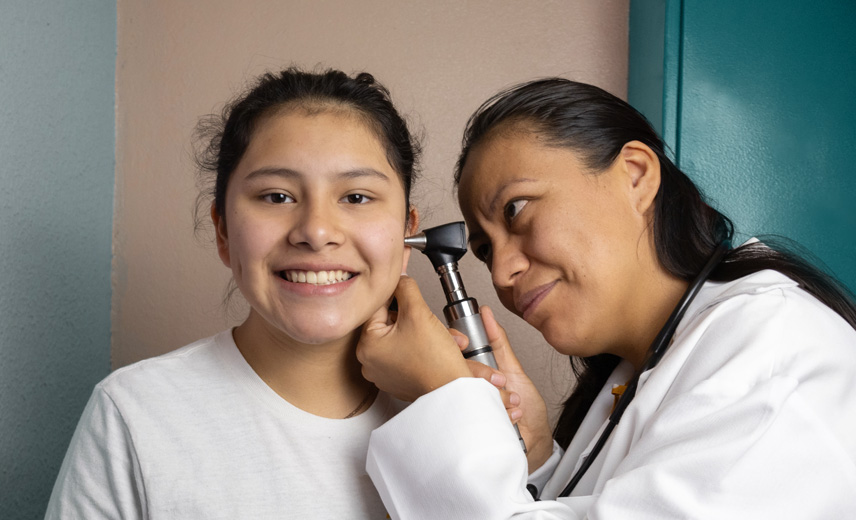Entre Parejas: An Exploration of Latino Perspectives Regarding Family Planning and Contraception
The Latino community is the largest minority group in the United States, having experienced a 58% increase in population between 1990 and 2000.
One of the most salient characteristics of Hispanics is their youthfulness, especially relative to other Americans. The youthfulness of the Hispanic population and the fact that nearly a quarter of the population is in its prime reproductive years necessitates an understanding of how Latinos make decisions about their sexual and reproductive health, particularly with regards to contraception. Despite this need, what little information exists on decision-making and contraception among Latinos focuses primarily on women, and more information is warranted on these issues for the community as a whole. With this in mind, the National Council of La Raza’s (NCLR) Institute for Hispanic Health (IHH), in partnership with Berlex, Inc., designed a study to explore knowledge, attitudes, practices, and beliefs among Latinos related to family planning, contraceptive use, and the decision-making process surrounding contraception. This report summarizes the major findings identified by the focus group discussions (FGDs) and will be widely disseminated to aid in the development of linguistically- and culturally-relevant educational materials and programs for the Latino community.




